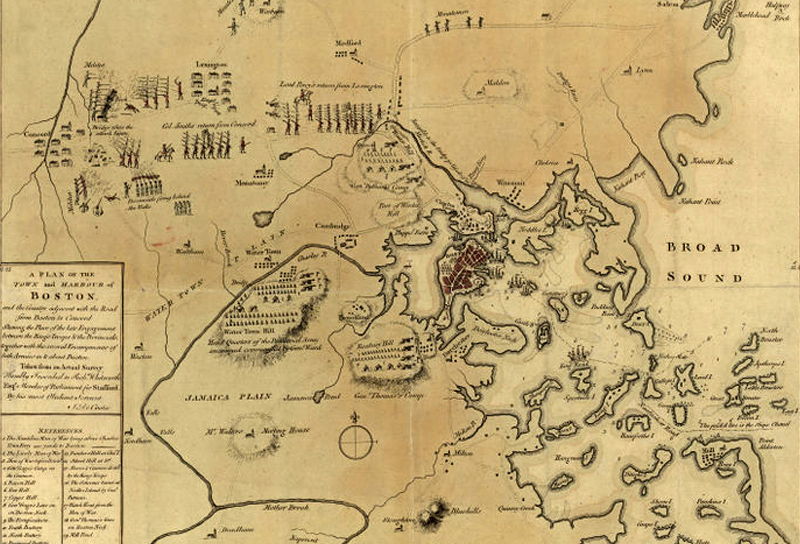The Battles of Lexington and Concord took a toll on both sides. For the colonists, 49 were killed, 39 were wounded, and five were missing. For the British, 73 were killed, 174 were wounded, and 26 were missing. While the colonists lost many minutemen, the Battles of Lexington and Concord were considered a major military victory and displayed to the British and King George III that unjust behavior would not be tolerated in America. The battles also constituted the first military conflicts of the American Revolution.

Interestingly, Parliament had drafted an act called the Conciliatory Proposition that would alleviate some of the burdens of taxation in the colonies by replacing taxation with “voluntary contributions”. By the time the act had been brought before the Continental Congress in May, the Battles of Lexington and Concord had already occurred and the proposition was rejected. The revolution had been stirring for a long time, with tensions rising and finally breaking into armed conflict during the Battles of Lexington and Concord. William Pitt, an American sympathizer in Parliament, rejoiced for the colonists because they had employed military force to defend their beliefs. While Pitt was pleased, Thomas Gage was shocked. Such a reaction to his arms raid was highly unexpected and cast Gage in a negative light. While the Patriots celebrated their victories at Lexington and Concord and prepared for a revolution, Gage was later shipped back to England in shame.
Sign up to receive special offers, discounts and news on upcoming events.